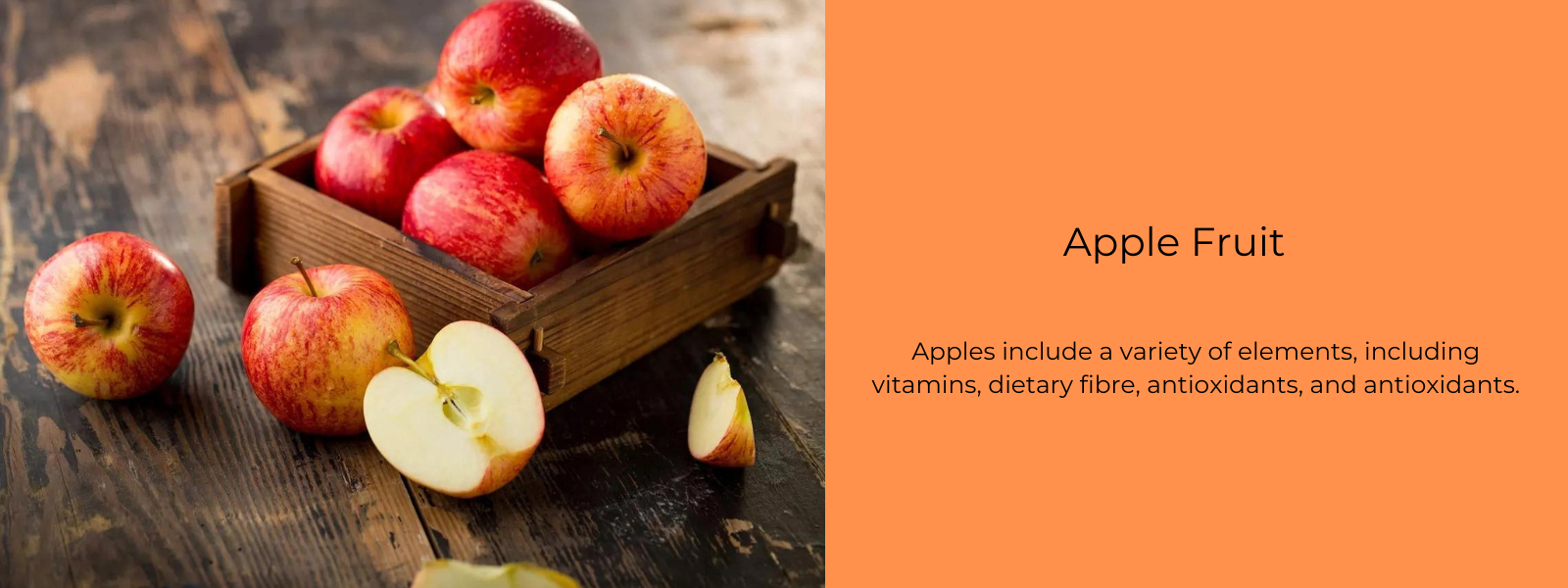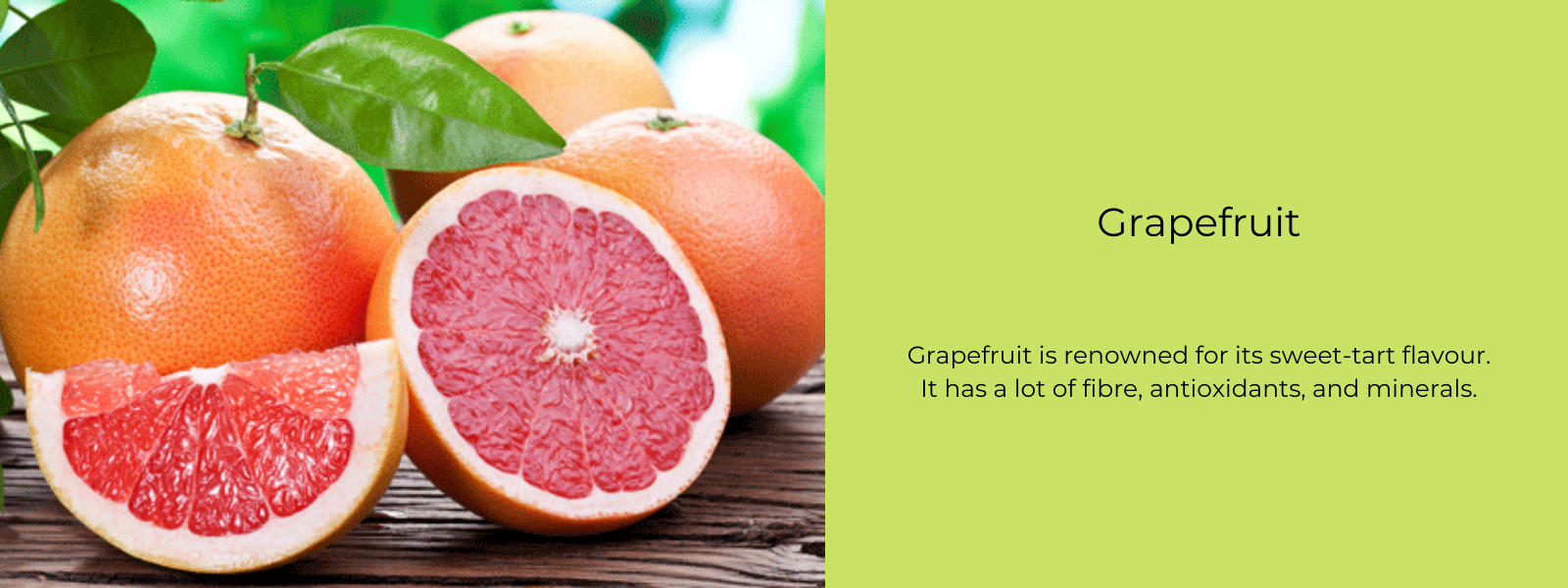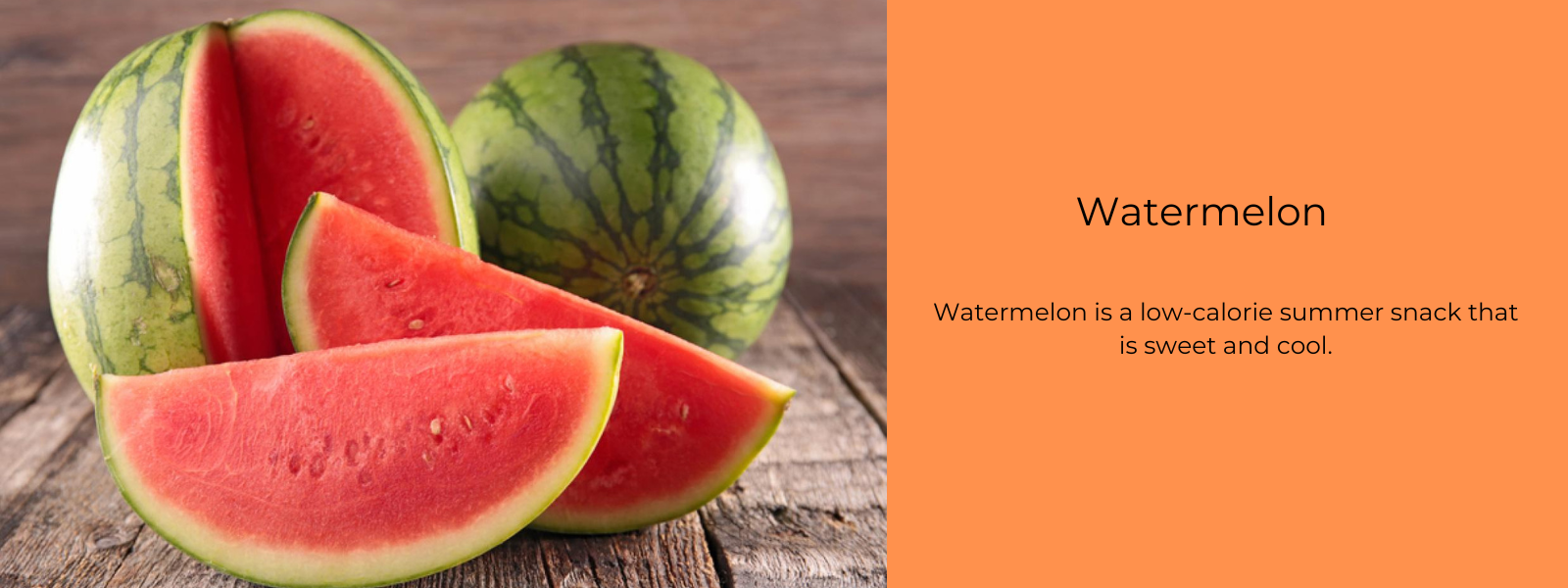Cantaloupes are luscious, orange summer fruits that are related to watermelons and honeydew melons. It shares a genus with other cucurbits, squashes, gourds, and pumpkins.
Cantaloupe has antioxidants that are good for the body and can reduce inflammation. They protect you from the oxidative stress and cell damage caused by free radicals, lowering your risk of acquiring conditions including diabetes, cardiovascular disease, arthritis, and more.
Table of Contents
What is cantaloupe?
Cantaloupe, as it is commonly known in the United States, is actually a type of muskmelon, but it is still a delicious summertime delicacy and an excellent addition to fruit salads. These fruits, known as Cucumis melo var reticulatus, are distinguished by a distinctive "netting" on the tough skin that surrounds the fruit's insides. The netting on "real" cantaloupes (Cucumis melo var cantalupensis) is less neat and tidy. Instead, they feature "sutures" with deeper grooves.
Cantaloupes, along with other melons, squashes, and cucumbers, belong to the family Cucurbitaceae. Cantaloupes' African ancestry is universally accepted, however their precise history is murky. Cantaloupe is now cultivated in a variety of countries, including the United States. States like California, Colorado, Texas, Georgia, and Arizona are among the top producers.
Cantaloupe, a wonderful favourite with a mild and sweet flavour, is also a healthy and nutritious choice.
Nutritional value of cantaloupe:
Cantaloupe, like many other fruits and vegetables, is mainly water. The nutritional value of a cup of fresh cubes is as follows: 144 calories, 6% of the recommended daily value of fibre, and no saturated fat or cholesterol.
The potent antioxidant vitamin C, at 100% of the recommended intake, will keep your cells healthy. It also has vitamin A that is essential for healthy eyes, skin, bones, and immunity.
About 12 percent of the daily potassium recommendation; potassium helps keep the heart, muscles, and blood pressure in check.
Ways to eat cantaloupe:
Remove the pulp and seeds from a cantaloupe after cleaning it. You can either use a spoon to remove the fruit or peel it. You should consume the chopped fruit within two to three days after placing it in the refrigerator. Alternatively, you can freeze portions between sheets of wax paper and use them within a month.
Health benefits of cantaloupe:
- Good for skin:
Cantaloupe offers more than 100 percent of the RDI for vitamin A in just one cup. It also contains nearly all of the vitamin C you need in a day. Both of these nutrients are essential for a healthy complexion. Sun damage can be mitigated with vitamin A, and collagen formation can be bolstered with vitamin C.
- Protects Eyes
Antioxidants lutein and zeaxanthin, found in cantaloupe, are responsible for the yellow and red hues of many fruits and vegetables. These antioxidants, especially when combined with vitamin A, are critical in preserving eye health and eyesight. Additionally, they may assist to mitigate the effects of AMD.
3.Treats Asthma
Cantaloupes are a good source of vitamin A, or beta carotenes, which may reduce the risk of developing asthma in adulthood. Cantaloupes' choline content, an antioxidant, may also aid asthmatics by lowering inflammation.
- Prevents Heart Disease
Cantaloupe is packed with heart-healthy elements like fibre, potassium, and vitamin C. Hypertension, a risk factor for heart disease, can be treated with the help of potassium. The "bad" cholesterol in your body can be lowered by eating more fibre. It also helps regulate blood pressure.
- Prevents cancer
Cantaloupe's anti-inflammatory and anti-oxidant properties make it a useful food for lowering cancer risk. Because of its high fibre content, fruit is recommended for those hoping to lower their chance of acquiring colon cancer.
Ways to enjoy cantaloupe:
- Use it as a topping for a salad. Cantaloupe adds a refreshing sweetness to any salad. It goes great with other fruits including berries, mangos, and avocados in fruit salads.
- Eat it in the morning. Make a parfait by layering the Greek yoghurt, granola, and fruit in the morning. Alternatively, you can use a half a cantaloupe as a bowl and fill it with yoghurt and fruit.
- You can put it in the fridge and use it to make soup. Get the fruit to a smooth consistency by pureeing it. Mix in some honey, cinnamon, and salt as well as orange, lime, or lemon juice.
You can eat the seeds. Put the washed seeds in the oven to toast. You may eat them as is or mix them into granola for a nutritious treat.











Leave a comment